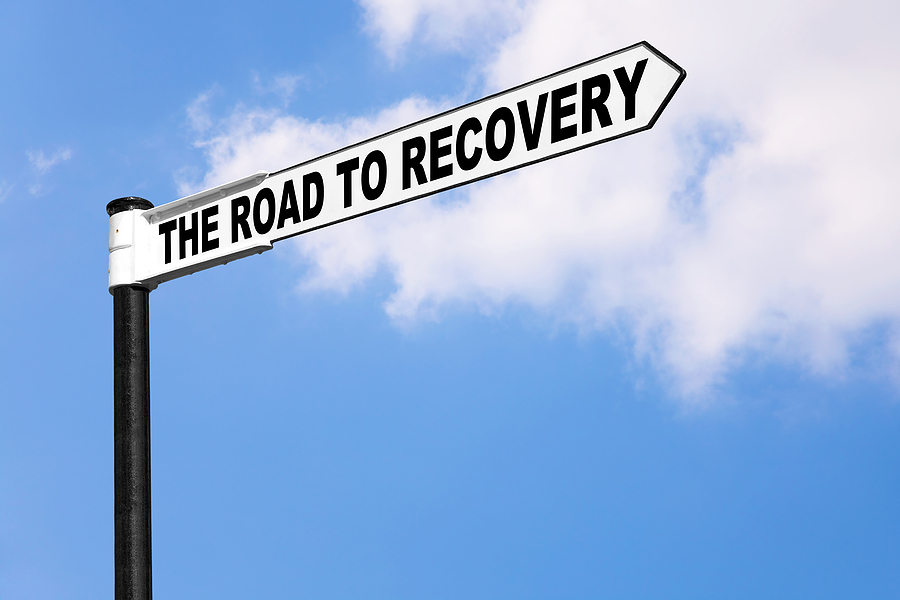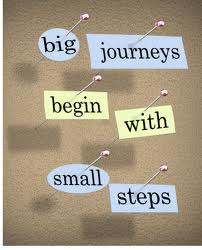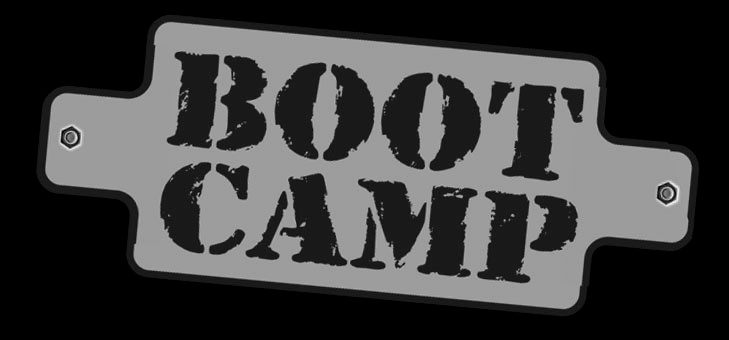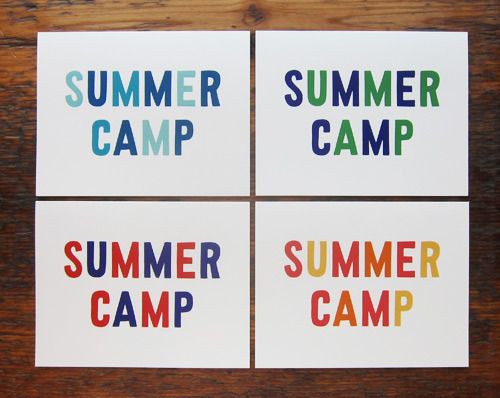Treatment center for teens has both a general and a specific meaning. Learn more about the meaning of treatment center for teens and what kinds of services it can provide by reading this article.
The Two Meanings of Treatment Center for Teens
People use the term treatment center for teens in a loose and generic way for any larger staffed facility, exclusively for teens, that teens may go to in order to receive therapy or medical attention. In other words, it is simply a place where teens, and only teens, receive some sort of treatment.
In the term residential treatment center for teens, however, a more specific meaning is evoked. In the technical language that describes places in which teens may receive therapies, counseling, and treatment as residential clients, a residential treatment center is distinct from other types of facilities, like small residential programs, wilderness programs, outdoor therapeutic programs, emotional growth boarding schools, personal growth boarding schools, therapeutic boarding schools, and transitional living centers. As distinct from these, a residential treatment center for teens refers to a place with a higher degree of medical treatment available. While not a hospital, a residential treatment center will have staff responsible for managing medication and monitoring medical conditions. Unlike the other types of teen residential programs, residential treatment centers for teens are equipped to handle teens with more serious behavioral and psychological issues.
This does not mean that all treatment centers for teens are the same. Some focus on maintaining a small, intimate, family-style setting; others employ a wilderness program; some focus on eating disorders. All may be boys only, girls only, or coeducational, and coeducational facilities may work with boys and girls together, or have separate campuses. Treatment centers also differ in their locations/settings; though many tend to be rural and/or natural, some are located on a ranch, for example, while Tamarack Center, for example, while in a quiet setting, is minutes from both downtown Spokane and Spokane International Airport.
According to the National Association of Therapeutic Schools and Programs (NATSAP), these programs are likely to have been accredited by The Joint Commission (TJC), formerly the Joint Commission on Accreditation of Healthcare Organizations (JCAHO).
Finding a Treatment Center for Teens
NATSAP and TJC are both good starting points for locating treatment centers for teens.
-At the NATSAP site, go to the search facility http://www.natsap.org/programsearch.asp and in the drop-down menu for ‘Program Type,’ select ‘Residential Treatment Center.’ Enter any other criteria you would like to use to filter, such as an age range, a particular state, or choice of gender (Girls Only, Boys Only, or Coeducational), or leave all these as set to view the full list of over 180 NATSAP member organizations in this category.
-At the TJC site, go to the search tool http://www.qualitycheck.org/Consumer/SearchQCR.aspx and search by the name of the organization you want to check, ZIP code, state, or city to begin your search.
Sources
http://www.natsap.org/program_definitions.asp
http://www.tamarack.org/location.html






